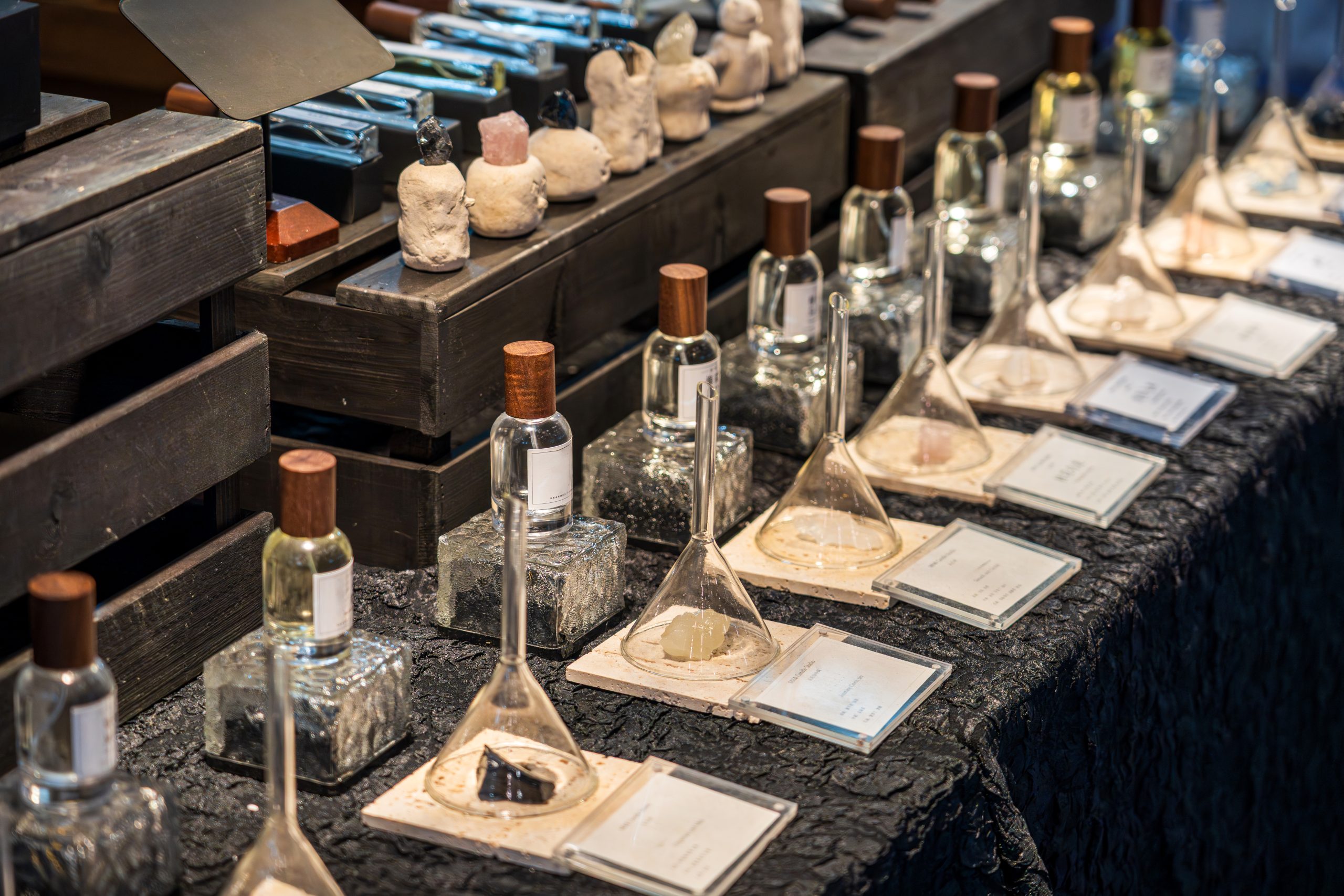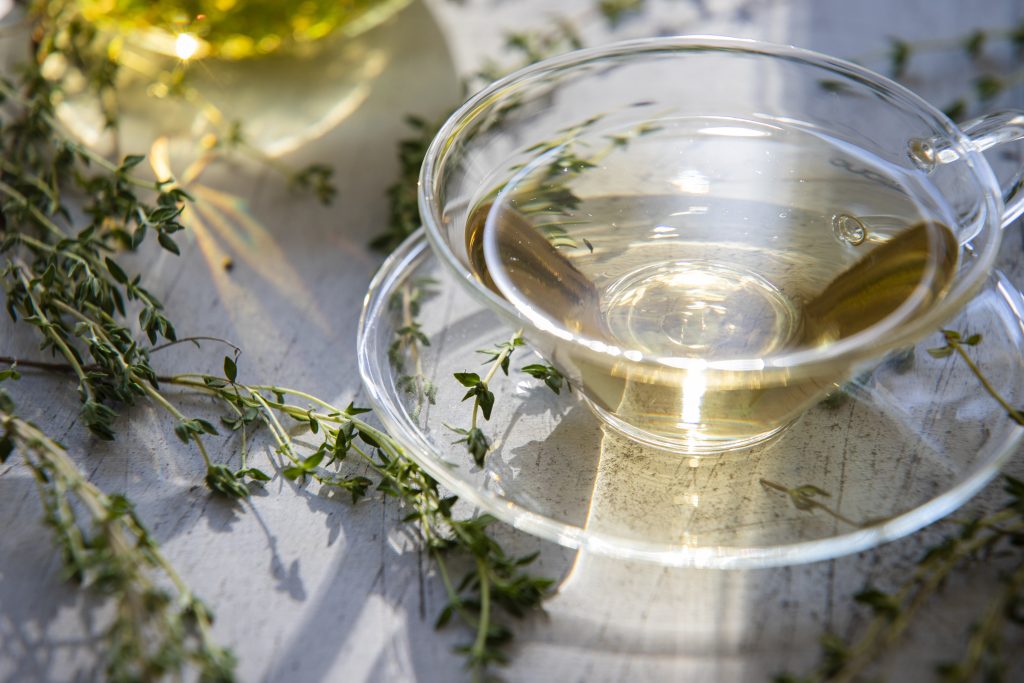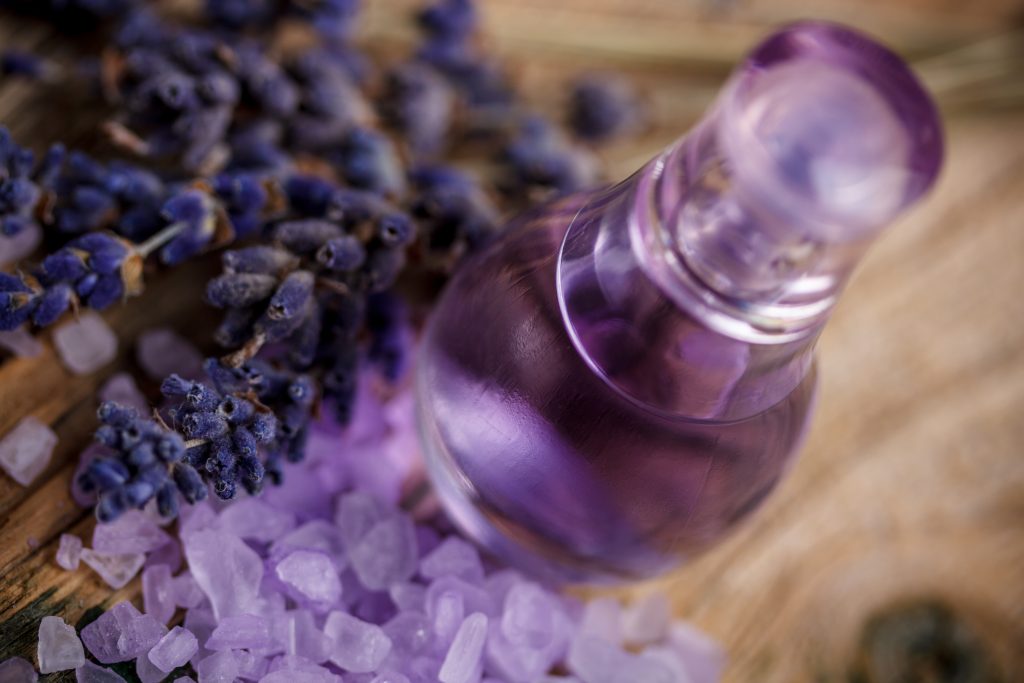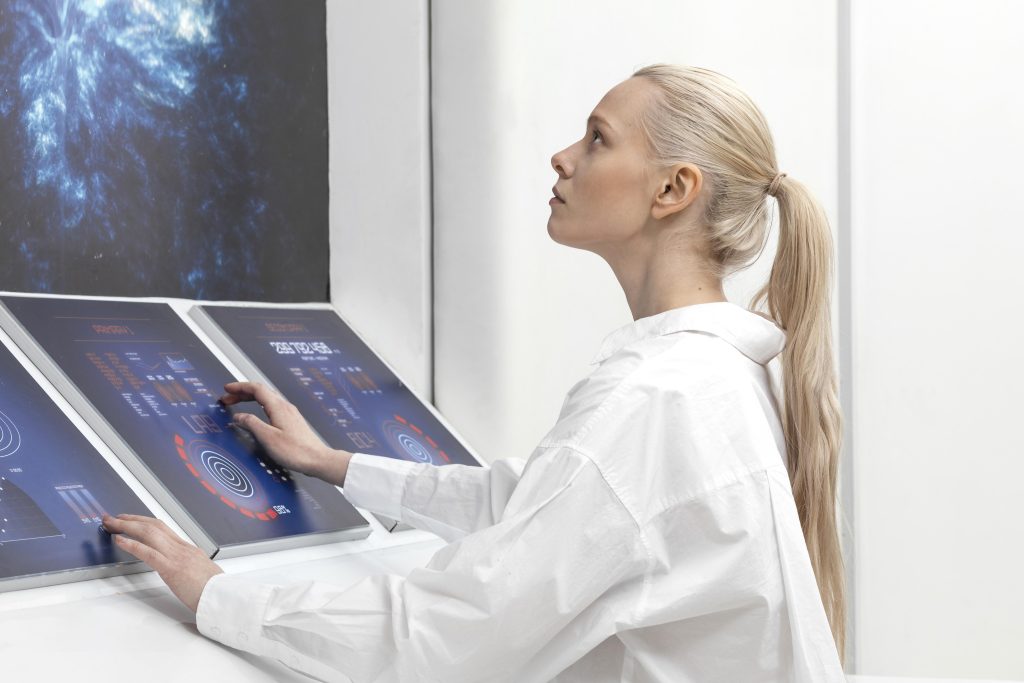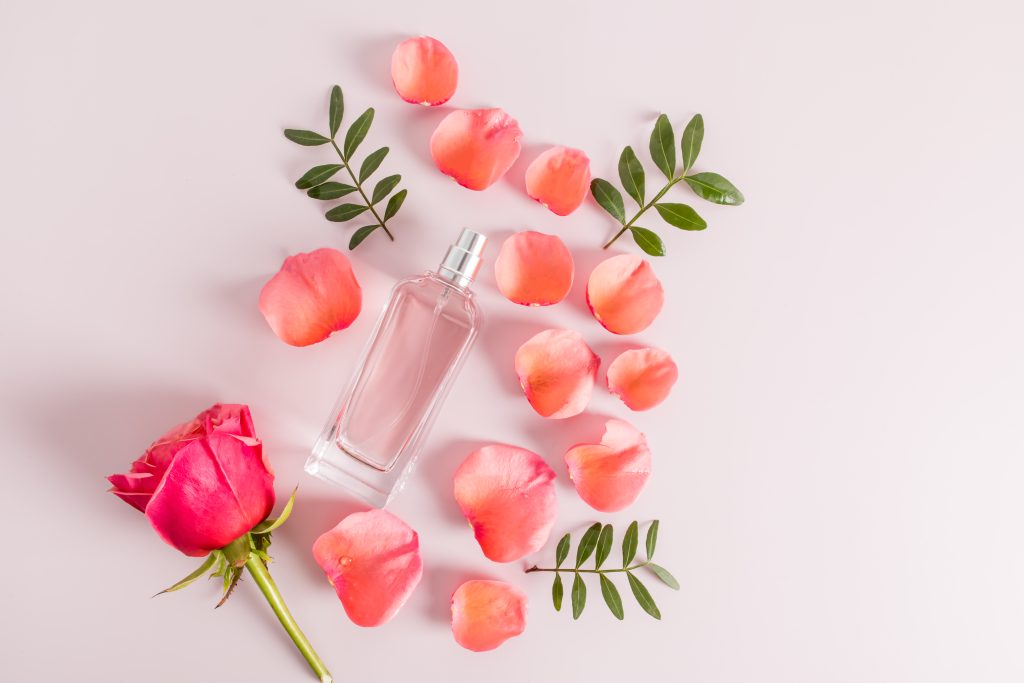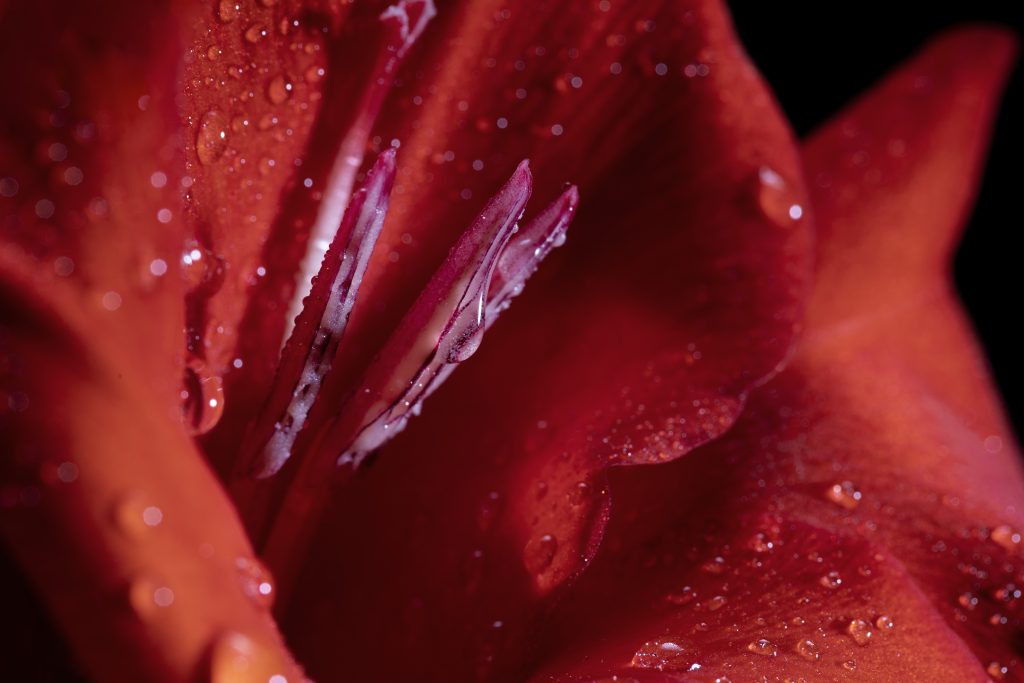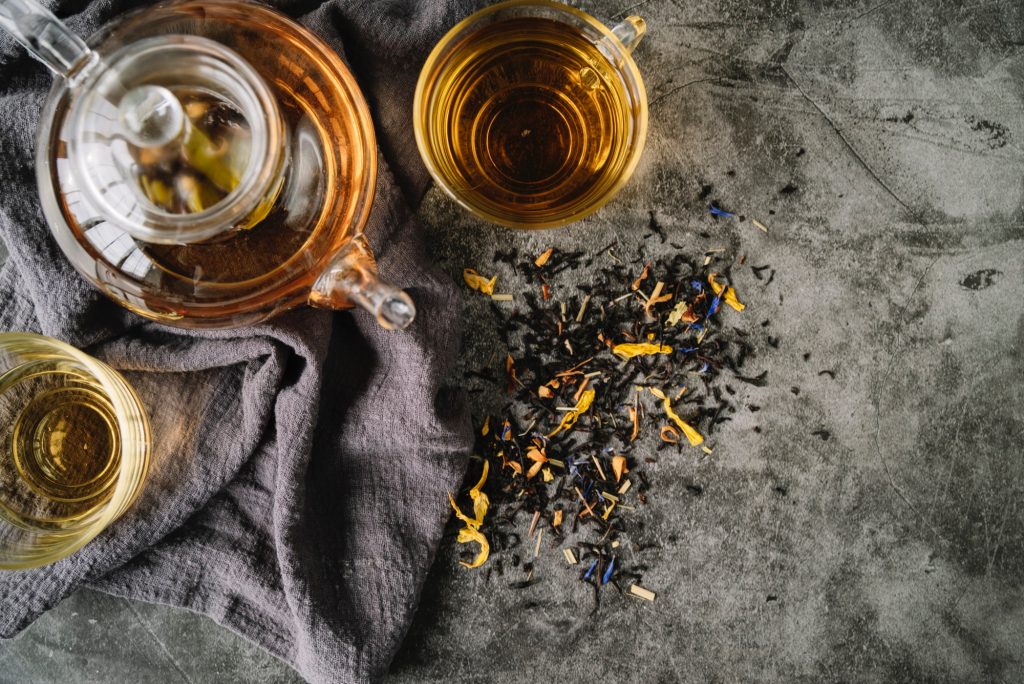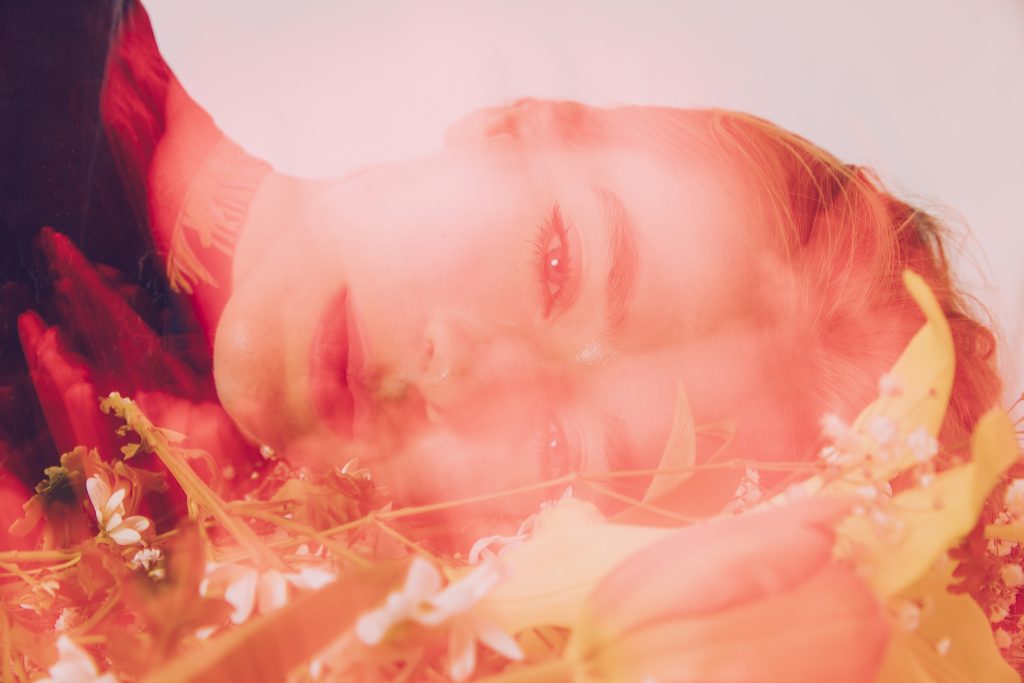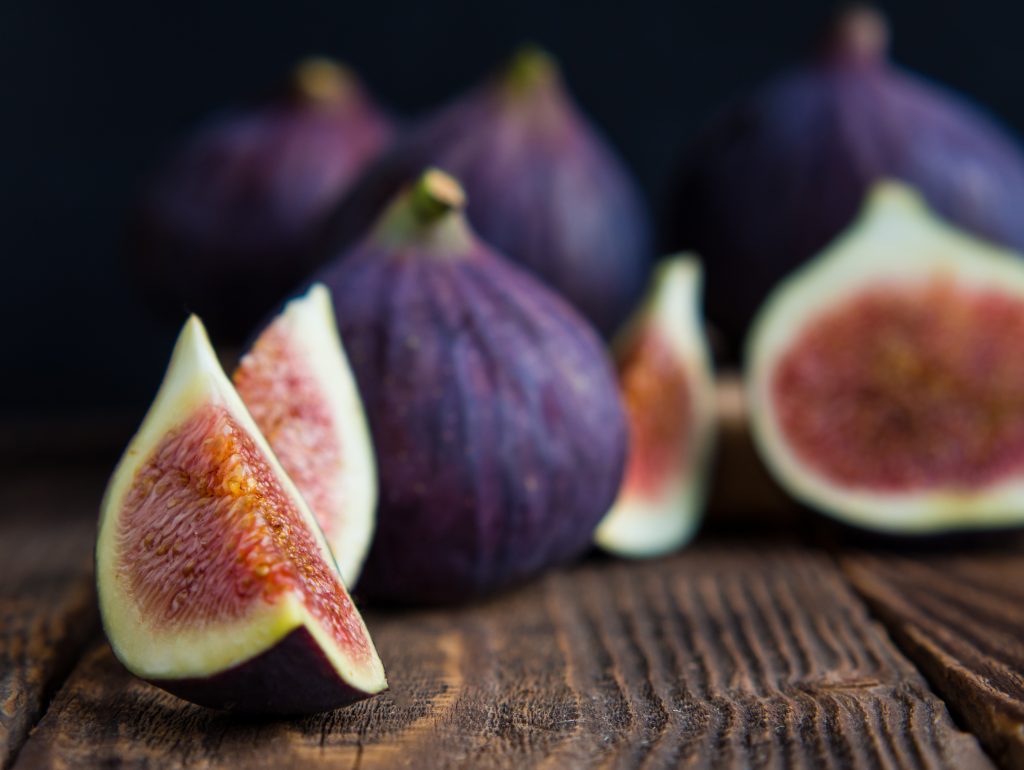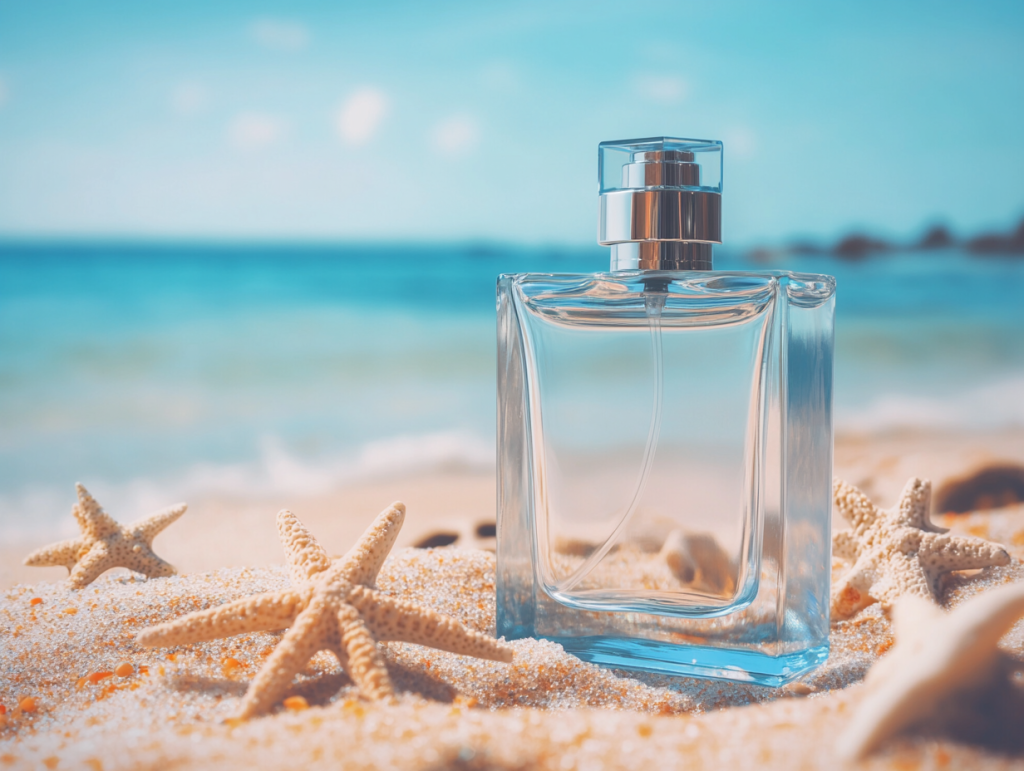In recent years, perfume museums have gained popularity among travelers and fragrance enthusiasts alike. These institutions are dedicated to preserving the rich history, artistry, and cultural significance of perfumes. While many might assume that perfume is merely a luxury item, perfume museums reveal its deep roots and enduring influence across civilizations. Indeed, perfume museums exist worldwide, offering visitors a sensory journey through time and tradition.
The Rise of Perfume Museums: Why They Matter
Perfume museums serve as vital custodians of olfactory history. They showcase the evolution of scent-making techniques, highlight iconic fragrances, and celebrate the artisans behind these masterpieces. As a result, these museums are not only educational but also inspire contemporary perfumers and enthusiasts.
Furthermore, perfume museums provide a unique experience that combines education with entertainment. Visitors can explore vintage bottles, learn about ancient ingredients, and even participate in scent creation workshops. This immersive approach helps demystify the art of perfumery and fosters appreciation for this intricate craft.
Notable Perfume Museums Around the World
1. Musée du Parfum Fragonard – Grasse, France
Often regarded as the birthplace of modern perfumery, Grasse hosts one of the most renowned perfume museums. The Musée du Parfum Fragonard offers guided tours through its historic factory and exhibits showcasing centuries-old ingredients and bottles. Visitors can see how perfumes are crafted from raw materials to final product.
2. The Museum of Perfume – Paris, France
Located in the heart of Paris, this museum provides an extensive overview of perfume history from ancient Egypt to contemporary times. It features interactive displays explaining scent extraction methods and showcases rare artifacts from different eras.
3. The Perfume Museum – Cologne, Germany
This museum emphasizes the cultural significance of fragrances in European history. It displays vintage perfume bottles and offers insights into regional perfumery traditions. Additionally, visitors can enjoy workshops on blending their own scents.
4. The House of Scent – Dubai, UAE
A modern addition to perfume museums worldwide, this venue combines luxury retail with educational exhibits about Middle Eastern perfumery traditions. It highlights regional ingredients like oud and rose while offering personalized scent consultations.
5. The National Perfume Museum – Grasse, France
Another gem in Grasse, this museum focuses on the history of fragrance production in Provence. It features a vast collection of antique bottles and tools used by master perfumers over centuries.
What You Can Expect When Visiting a Perfume Museum
When exploring perfume museums, visitors often encounter a variety of exhibits designed to educate and inspire:
- Historical Artifacts: Vintage bottles, labels, and packaging reveal how perfumes have evolved over time.
- Raw Ingredients: Displays featuring essential oils, spices, flowers, and resins demonstrate what goes into creating fragrances.
- Perfumery Tools: From distillation apparatus to blending palettes—these tools illustrate traditional craftsmanship.
- Interactive Experiences: Many museums offer scent stations or workshops where visitors can create their own fragrances.
- Educational Films & Demonstrations: Short documentaries or live demonstrations help explain complex processes like extraction or aging.
Moreover, some perfume museums host temporary exhibitions focusing on specific themes such as celebrity fragrances or regional scents.
Why Visit a Perfume Museum?
Visiting a perfume museum offers numerous benefits beyond mere curiosity:
- Deepen Your Understanding: Gain insight into how perfumes are made and their cultural significance.
- Appreciate Artistry: Recognize the skill involved in designing complex scents.
- Discover Rare Artifacts: See unique bottles or ingredients not available elsewhere.
- Enhance Your Scent Knowledge: Learn about different fragrance families and notes.
- Enjoy a Sensory Experience: Engage your senses through smell stations and workshops.
Additionally, these visits often make for memorable travel experiences—combining education with leisure.
How Perfume Museums Are Preserving Cultural Heritage
Perfume museums play an essential role in safeguarding intangible cultural heritage related to scent-making traditions that might otherwise be lost amid modernization. They document traditional techniques passed down through generations while adapting to contemporary trends.
By curating collections that include regional ingredients like oud from the Middle East or jasmine from India, these institutions promote cultural exchange and understanding. Furthermore, they often collaborate with local communities to ensure authentic representation.
Future Trends in Perfume Museums
As interest in fragrances continues to grow globally, perfume museums are evolving accordingly:
- Digital Integration: Virtual tours and online collections make these institutions accessible worldwide.
- Interactive Technologies: Augmented reality (AR) experiences enhance visitor engagement.
- Sustainability Focus: Exhibits highlighting eco-friendly ingredients and practices reflect current industry trends.
- Personalized Experiences: Custom scent creation workshops cater to individual preferences.
These developments ensure that perfume museums remain relevant while continuing to educate future generations about olfactory art.
Conclusion: The Existence of Perfume Museums Is a Testament to Their Significance
In conclusion, perfume museums do indeed exist—and they serve as vital repositories of fragrance history and culture. Whether located in historic towns like Grasse or bustling cities like Paris or Dubai, these institutions offer invaluable insights into an art form that has shaped human civilization for millennia.
Visiting a perfume museum is more than just an aromatic adventure; it’s an opportunity to connect with centuries-old traditions while appreciating modern innovations. As you explore these fragrant havens around the world, you’ll discover that perfumes are much more than scents—they are stories woven into bottles waiting to be uncovered.

